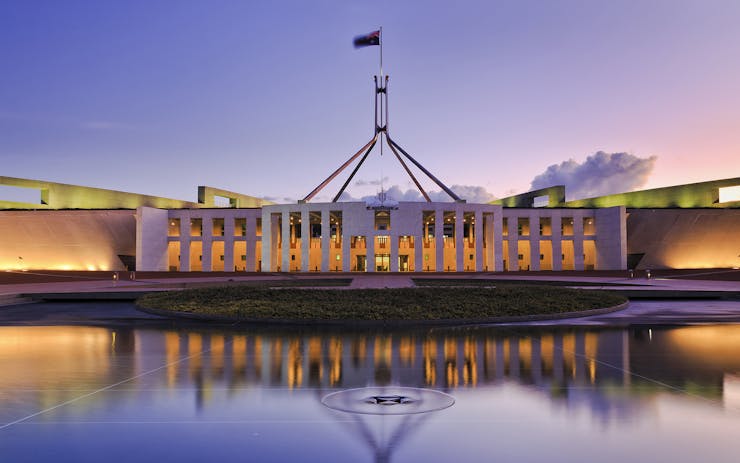Australia’s federal and state governments are in the process of legalizing medical cannabis, currently focused on the drug’s cultivation and manufacture. But what does that mean for those suffering from disease or discomfort that could be relieved or treated by cannabis? How close are Australian patients to enjoying the benefits of these changes?
The Special Access Scheme
Australia’s Therapeutic Goods Administration (TGA) regulates pharmaceuticals in the country, and runs a “special access scheme” for patients. The scheme, which has been in place for decades, is sometimes played as a trump card by the Australian government when it comes to questions of patient access. According to the government, the TGA is receiving and approving more and more requests for medical cannabis products.
But according to Andrew Kavasilis, founder of Vitahemp and author of the book Medical Uses of Cannabis, the only available cannabis treatment is an oral spray called Sativex, and even accessing that is “really hard.” Kavasilis helped secure one of the first successful applications for Sativex in 2004. At the time, he told us, the product cost $1,000 for 22 mililiters. “Sativex is the only product that comes in under the special access scheme,” he said. And because it allows officials to argue that patients technically already have access to cannabis, “It just buys more and more time for the government.”
Based on media coverage of medical cannabis legalisation, you might think a simple visit to your doctor would be enough to access a range of options. You’d be mistaken. “Doctors”, said Kavasalis, “have been thrown under the bus on this. As far as people know, you go to your doctor and he’s going to prescribe a product. That’s far from the truth.”
Sativex is a plant extract product, manufactured by GW Pharmaceuticals, that is sometimes prescribed for multiple sclerosis, among other conditions. In 2014, however, the UK’s National Institute for Health and Care Excellence declared the drug too costly relative to its benefit to multiple sclerosis sufferers.
“Sativex is the only legal product available to any medical professional in the world, but it’s too expensive and difficult to clinically trial” said Kavasilis, adding that in 2004, it took several reports, cannabis use surveys, specialist approval, the help of the chief pharmacist of New South Wales, and “a PhD in THC” to secure supply from a Russian distributor through the special access scheme.
Things have gotten easier since then. In 2016, Kavasilis acknowleged, you’d be more likely to have your application approved, but you’d still be required to prove, by referring to medical literature, that your medical condition would likely respond to medical cannabis. On top of that, “You’d need to get your GP and one or two specialists in the field, and probably the chief pharmacist of your state to sign off on it. Then you approach the TGA,” he explained. “Your chances, if you did that, would be pretty good.”
But even then, importing a controlled substance—including a medical cannabis product—also requires a license, which presents yet another hurdle for patients to clear.
An Alternative Approach
Instead of waiting for the TGA’s slow regulatory wheels to turn and for the agency recognize other medical applications and products, Kavasilis advocates for the development of interim measures which could be taken to the UN—provisions around supply, testing, and distribution of medical cannabis. “Medical cannabis is happening in Australia,” he said. “When we say the government has to catch up, they really can’t. We should be talking about interim measures, measures that encompass the needs and concerns of over 100,000 Australians and more daily who are using cannabis every day for medical purposes.”
The TGA did not respond to repeated requests for comment on the number of applications for medical cannabis it has received and approved under the special access scheme.





